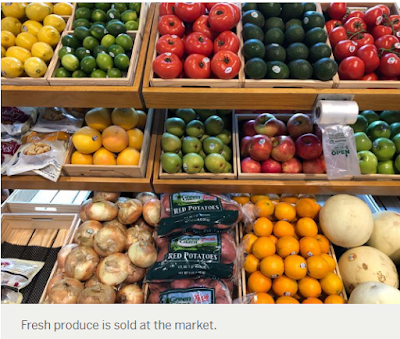These
are not easy times for the food and packaging Industry. The entire farm-to-fork
production and delivery chain has been put under tremendous stress with major
virus induced disruptions. For food manufacturers, the implementation of social
distance rules have brought in a collateral damage to business prospects as
this has severely handicapped the entire workforce. Regular inspections by FDA
and USDA have been put on hold. This unprecedented situation has presented a
unique opportunity for businesses – this is the time to go for fully automated
production and remote monitoring mechanism with minimal human intervention. An
establishment of a proper mechanism in consultation with food lawyers will ensure a strict adherence with the PACA law and other food safety laws.
While
there is yet no evidence that COVID – 19 can be transmitted through food packaging;
there are always chances of the virus staying alive on a surface for a few
hours after coming into contact with an infected individual. In the meanwhile,
food supply operations have been classified as essential services. This
basically means continued operations in the face of severe challenges with
adequate protective mechanism.
The Way Forward
It is imperative for food
safety teams to continue operations in manufacturing units while looking at
possible ways at minimizing virus exposure and health impact on staff. Food
safety guidelines have been recently published and it stresses mainly handwashing,
employee hygiene, following SOPs and GMPs, avoiding contamination and following
well established food safety management practices and programs. The bottom-line
is to ensure proper hygiene in accordance with the food safety laws across the
entire chain which is expected to keep the virus at bay. Installation of
adequate working mechanism in consultation with food safety lawyers will go a long way in this fight against the
pandemic.




